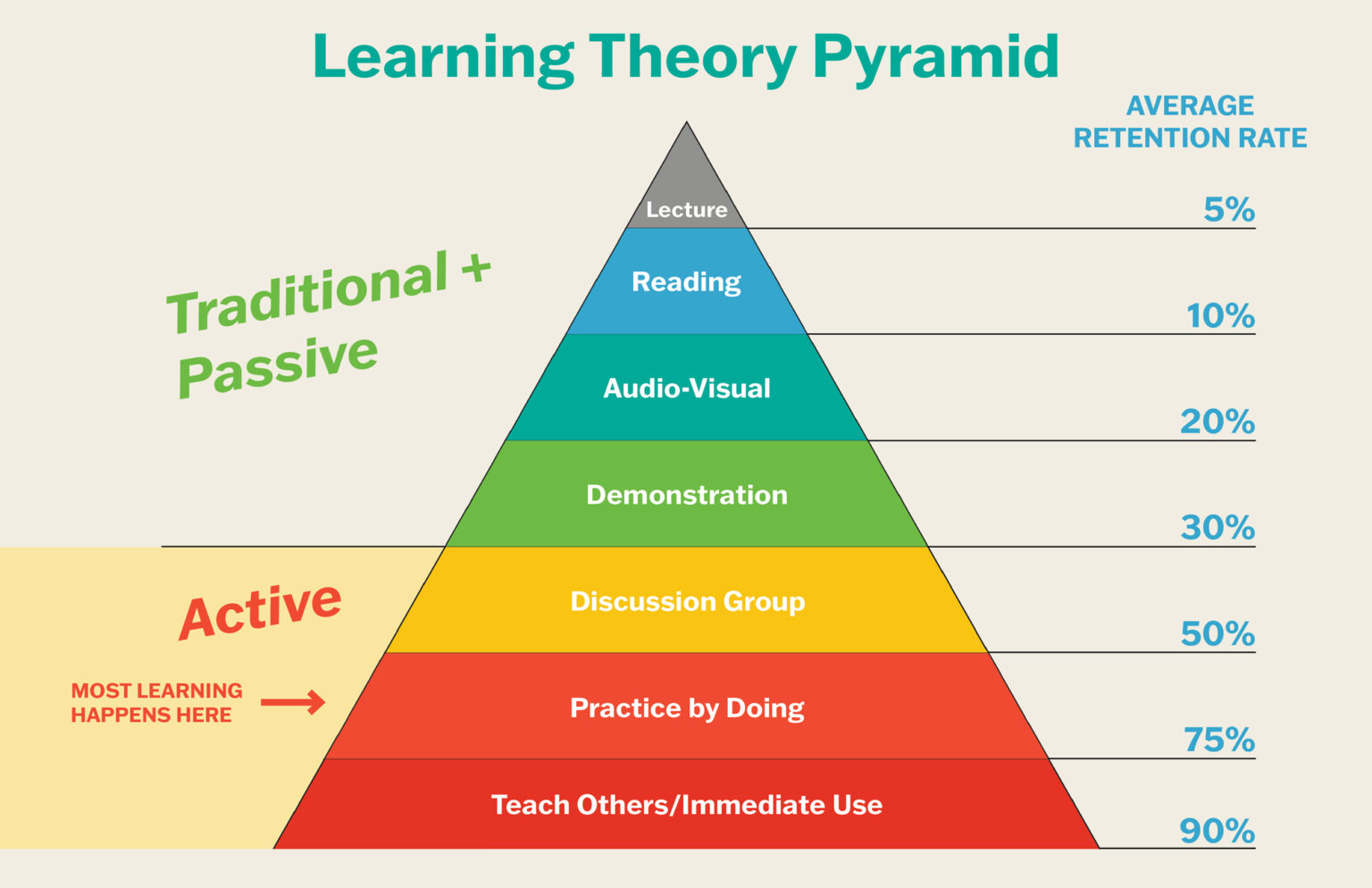Algebra And Pre-Algebra Program
- Get link
- X
- Other Apps
VSA Future is excited to offer our virtual Algebra and Pre-Algebra classes for the fall semester. This program is designed to provide a focused learning experience to develop mastery of algebraic concepts.
We use our specialized online resources to our advantage, leveraging the typical drawbacks of online learning to develop a program where students can receive individualized attention to help them excel and succeed.
The VSA Advantage
VSA math classes focus on delivering the most important mathematical concepts in an intuitive way. By making use of cutting-edge technological resources, we provide a classroom environment that is interactive and engaging—all from the convenience of your own home. With our small class sizes (often not exceeding 12 students), VSA provides an individualized learning experience.
Unlike a public school setting where lagging students are at the mercy of a fixed curriculum, our classes are tailored to the student. If a concept is difficult, our expert teachers are quick to make adjustments in the lesson plan in order to best serve the student. If an example does not make sense, teachers are ready to provide additional examples to work through.
Furthermore, teacher assistants are assigned to each classroom, such that teachers never have to worry about logistical or technological issues. Teacher assistants are always ready to help if necessary, using conference rooms to provide one on one assistance.
At VSA Future, we want to make sure that each student receives the help they deserve. As a result, we offer a bonus of 4 additional hours of individual help for each student, free of charge. In this timeframe, students are able to go online with a teacher to work through topics that they are having trouble with.
Class Structure
Students attend VSA math class once a week in a two-hour session. Our teachers initiate each class with a concise lesson that covers the key concepts. Each concept is followed by guided examples, where students learn to apply their newly-learned skills to a careful selection of problem sets.
With our technology, teachers have vision over the student’s screens to monitor progress and performance. This allows us to bypass one of the major pitfalls of virtual learning by eliminating the disconnect between teacher and student. Teachers thoroughly evaluate student work and are always prepared to offer assistance to students who may be falling behind.
Once students complete guided practice, they move onto online self-paced practice. These problems are set up on a platform where performance statistics are readily available. Teachers can quickly gauge what topics are too easy and what topics need additional focus. This individual period gives students the time to reinforce the concepts taught during class and receive any additional guidance they may need.
Every class closes with review, condensing all the important information that students need to know into a concise recap. After completing all of the topics of a chapter, students review the contents of the unit to prepare for a quiz.
Pre-Algebra Curriculum
The Pre-Algebra curriculum places a heavy emphasis on developing the critical thinking skills necessary to succeed in future Algebra courses. First and foremost, the class exposes students to the language of algebra—expressions and variables.
Students learn how to perform basic manipulations of expressions and work their way into solving equations. The lessons are taught on a conceptual level, such that students gain an intuitive understanding instead of simply memorizing. Students also explore graphical representations of different forms of equations while practicing the fundamentals such as fractions, decimals, and more.
Algebra Curriculum
Our Algebra course expands on key ideas taught in Pre-Algebra to build a comprehensive understanding of algebraic applications. Students begin by developing a strong understanding of functions, an important fundamental concept of all high level mathematics. In addition to gaining fluency in hand calculations, students learn to visualize the underlying framework of algebra through different models.
Eventually, students move onto more complex manipulations of variable expressions, including operations with monomials and polynomials. Teachers share the techniques that matter to ensure proficiency in students’ raw computational ability. Embedded within all these topics is also a focus on word problems. Students learn how to translate words into numbers in order to model real-life scenarios.
Summary
We are confident that these courses will help students truly excel in mathematics. Our program is specially designed to eliminate all drawbacks of a virtual class such that students have access to a comfortable, distraction-free learning environment. In addition, VSA teachers are receptive and engaging.
They will work to tailor the material to the students as opposed to the other way around. These courses help students develop the skill set necessary to succeed in the real world by working on both computational fluency and a critical thinking mindset.
Our program will not only complement a student’s learning in school but also help elevate their abilities with resources superior to those provided in a public school setting.
- Get link
- X
- Other Apps



Comments
Post a Comment